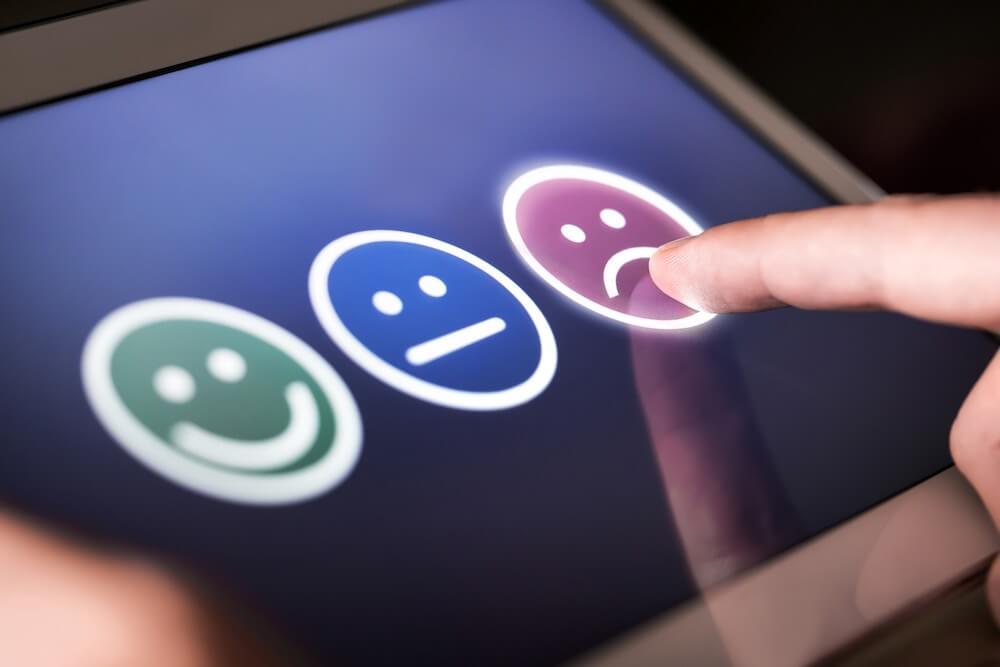Anyone with a disability has endless stories about being treated differently SOLELY on their PwD status. #DCX tracks those stories.
Having had a life-long mobility disability, I think I’ve heard it all, and then it never ceases to fail that someone reaches a new low.
- When I was in law school, back when I was still trying to walk, the path I had to traverse every year to get my disabled parking placard validated by my university had an exceptionally steep wheelchair ramp that I could not use with my fused ankles. Once a year for three years, I literally had to slide down a ramp on my butt WITH my placard in hand (which meant I couldn’t use the accessible parking on that side of the campus) to get my placard validated for accessible on-campus parking.
- The person who gets told off by a shop owner for using the accessible parking space when, in fact, they have a legitimate but hidden disability.
- The person who advertises their inaccessible apartment is, in fact, accessible on some home-sharing platform because “it’s just a small step before the doorway; anyone can get over that.”
- The people (plural, because it is rare for a week to go by without me hearing about yet another instance of this) who see a message about accommodations on a job application site. They inquire and wait. And wait. And wait some more. And never hear anything back. Or someone gets back to them three weeks later, and the job is already filled.
- The person getting yelled at for not social distancing — because they need assistance or are low-vision and can’t see how close they are to someone.
- The person who can’t follow instructions in a shop because of their hearing loss, combined with masks that obscure the face, makes it impossible for them to understand anything that is being said.
- The person who can’t get remote customer support because a vendor has decided only to use one communications channel and not one their disability allows them to use.
- The people whose wheelchairs get broken by the airlines — This has personally happened to me three times in the two years immediately before COVID.
But not all the stories are bad. There is the occasional happy accessibility story as well.
- The people who bend over backward to help investigate and book completely accessible vacations.
- The people who break their employer’s rules about dropping off groceries outside the home and not only bring them in but put them away.
- The Santa (or Disney princess) who signs to the deaf child.
- The barber who opens up their shop early to accommodate a child with autism who is easily overstimulated.
What do all of these things have in common?
- They are about a person with a Disability.
- Who is a Customer
- Having a good (or bad) eXperience
What do they also have in common?
- According to a survey, 71 % of the time, when customers have an inaccessible experience, they respond by silently buying from an accessible competitor. Even if the customer reports the issue, it is even less likely that a formal complaint is made or followed up.
- Until someone complains and follows through to the point where the process is permanently fixed to prevent a recurrence, the same problem can repeatedly occur to any number of users with disabilities.
- The people who provide GOOD accessible experiences are relegated to “feel good” inspiration porn-like stories on the local news that objectify the person with a disability. Rather than focusing on the activity of the do-gooder, the focus of the story should be on why the do-gooder’s activity made us feel good.
Here’s how it works:
- Use #DCX — Disabled Customer Experience for any story involving disability and customer experience.
- Add in #GoodDCX or #BadDCX, depending on whether it is a story about good or bad disabled customer experience. LinkedIn and Twitter don’t support the use of symbols in hashtags, so we can’t do DCX+ or DCX-, I tried.
- Tag the entity that provided the good or bad customer service.
- Optional: If #BadDCX, tag the relevant regulatory agency. This would be the USDOJ at the federal level for disability discrimination, DFEH for California disability discrimination, etc.
- Optional: Tag me. I will be considering setting up a website to share some of these stories.
- Optional: Tag a reporter for your newspaper, TV station, or favorite blogger.
People with disabilities deserve better. But unless we get louder, nothing will change.

0 comments on “#DCX: Disabled Customer Experience”